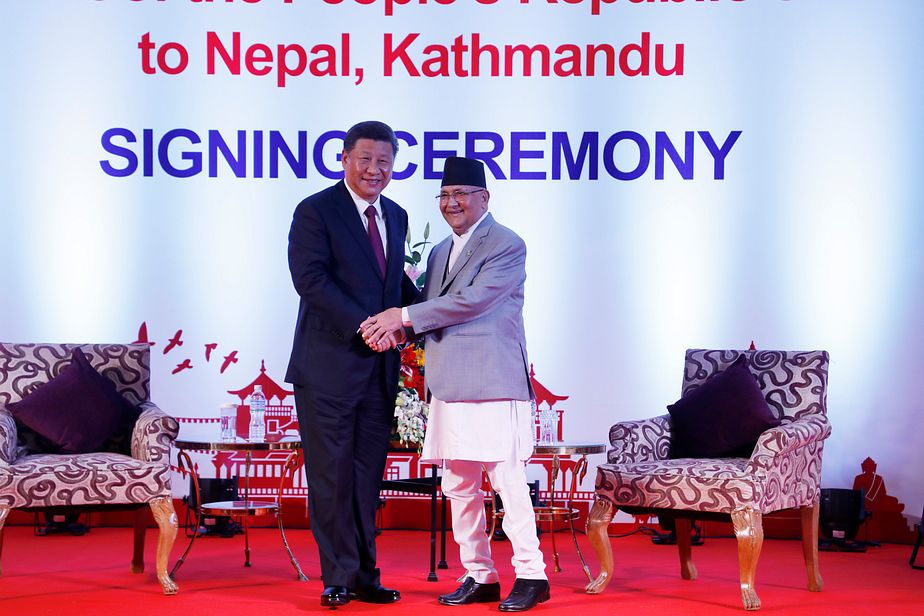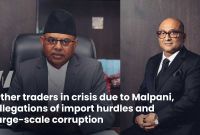From BRI to GSI, Oli’s China Gamble Backfires With Public Fury

Former Prime Minister K.P. Sharma Oli’s recent trip to China, coupled with earlier diplomatic moves, has intensified the controversy surrounding his downfall. Critics argue that from signing the Belt and Road Initiative (BRI) to allegedly endorsing China’s Global Security Initiative (GSI), Oli repeatedly played the “China card,” angering not only his political opponents but also the general public. Analysts say this sequence of missteps decisively contributed to the collapse of his government.
When Nepal signed onto the BRI under then–Foreign Minister Arzu Rana Deuba, drafting committee roles linked Congress leaders like Gagan Thapa’s ally Sement Dahal, further cementing ties between Congress figures and Beijing. Party president Sher Bahadur Deuba openly supported the initiative. As this Congress–China equation grew stronger, Oli tried to reassert his leadership by again pushing China to the center of Nepal’s diplomatic priorities, but rivals dismissed it as a “reckless China card.”
During his recent China visit, Oli further stoked controversy by attending a military parade commemorating China’s victory over Japan. The uproar reached new heights when Beijing’s readout claimed Nepal backed the GSI. Critics accused Oli of dragging Nepal unnecessarily into China’s security agenda. Though Oli has not given a direct official response, his allies insist Nepal retains the sovereign right to pursue an independent policy in multilateral forums.
These actions fueled both internal unrest and external pressure. Among citizens, the belief spread that “Oli tried to sell Nepal cheaply into the hands of foreign powers.” The anger spilled onto the streets: protests escalated into vandalism, verbal attacks, and even assaults against Oli’s supporters. The government attempted to control the violence but failed to calm a disillusioned public.
Today, Oli is out of power, yet the China-related controversy he left behind remains at the heart of Nepal’s political debate. The pressing questions now are not only how Nepal balances its foreign policy, but also how its democratic process can find an exit between public dissatisfaction and international pressure.




![From Kathmandu to the World: How Excel Students Are Winning Big [Admission Open]](https://nepalaaja.com/index.php/img/70194/medium/excel-college-info-eng-nep-2342.jpg)
